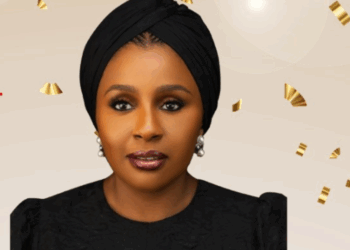The much anticipated talks between members and allies of the Organisation of Petroleum Exporting Countries (OPEC) have finally taken place.
But there is no unanimous decision by the members to cut down on oil output in order to save declining crude prices.
This is the first time in nearly half a decade that OPEC could not reach a consensus for such a deal, and Russia is being blamed for the deadlock.
Although it is not an OPEC member, Russia is an important OPEC ally, thanks to the clout it possesses as one of the world’s biggest producers of oil.
The country was expected to play a crucial role to push through Saudi Arabia’s ambitious output cuts demands. But it disappointed.
Meanwhile, the Saudis have lost hope
OPEC still has one crucial meeting on Friday with its allies, including Russia. In the meantime, however, Saudi Arabia’s Energy Minister, Khalid Al-Falih, isn’t optimistic that the meeting will change anything.
Al-Falih, who has been at the forefront of the demand to cut output, said he is not confident Russia will change its mind.
“Not everybody is ready to cut equally. Russia is not ready for a substantial cut.”
Recall that following the recent crash in global oil prices, Saudi Arabia had asked for an output cut of 1 million barrels per day; a move that would help prevent further declines in prices.
This would help countries like Nigeria and Saudi Arabia who need the commodity’s price to be on the high side in order to effectively maintain the economy.
But Russia wants something different because the country is running a budget surplus and “is concerned about the impact of higher prices on consumers.”
Not surprisingly, Nigeria isn’t really keen on any sizable output cut
Inasmuch as the Nigerian Government needs oil prices to be on the high side, the country is not favourably disposed to cutting down on output either.
With Nigeria’s economy largely dependent on oil export, it needs to export more crude (and not less) in order to sustain itself.
Even the country’s Minister of State for Petroleum Resources, Dr Emmanuel Ibe Kachukwu, had told Bloomberg that if Saudi Arabia’s proposed production cuts takes effect, that “some countries will struggle because their economies are very constrained.”
He also disclosed that much like Russia, Nigeria could only sustain a small cut.























